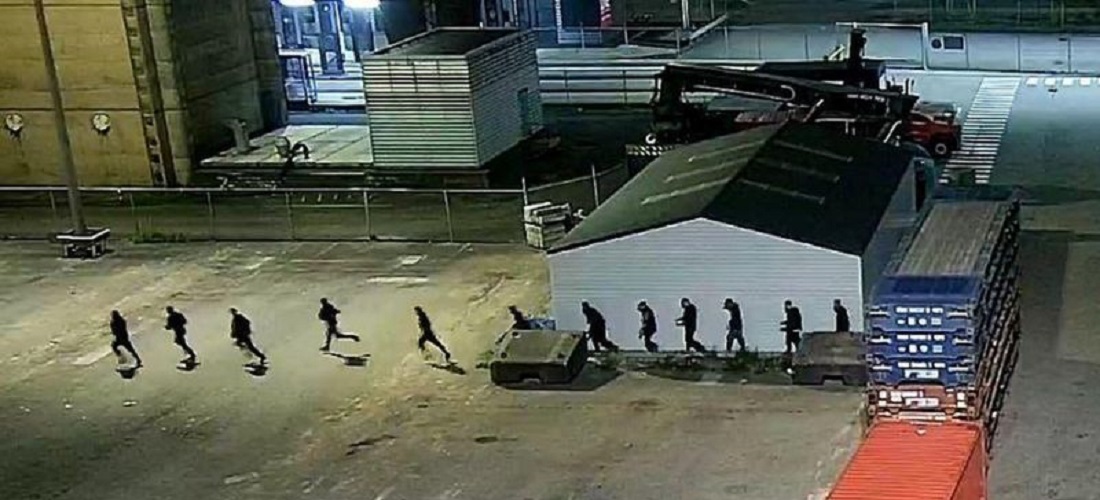
BBC reveals how Latin American cocaine enters ports in the Netherlands
Nov, 30, 2021 Posted by Ruth HollardWeek 202146
The thousands of pounds of cocaine seized in the port city of Rotterdam, Netherlands, increase each year. Along with this, the number of young people hired by criminal groups to receive and forward the drugs hidden in cargo arriving from Latin America is also growing.
The BBC has gained rare access to the country’s “cocaine collectors” niche, a vital link in the drug trade to Europe.
On the CCTV screen, a dozen people are seen in the dark, uniformly running towards a container in the port of Rotterdam.
The cargo of tropical fruit from Colombia may have already been unloaded, but this 12m long metal box still has items on board. There is 80 kg of cocaine still hidden inside the refrigeration unit that on the streets will be worth around 4 million euros (R$ 25 million).
The collectors’ job is to send the goods to Amsterdam, Berlin, and London, the capitals of Holland, Germany, and England, respectively.
Collectors earn around 2,000 euros (R$12,000) for every kilo of cocaine they carry. And this is a business that has exploded in recent years, according to Andre Kramer, owner of a container management company at the port.
“We first noticed them about two years ago,” recalls Kramer.
“There were one or maybe two of them, and it was something that came out once or twice a year. But in the last six months, the collector groups have gotten bigger, with 10 to 12 people, and it happens three or four times a week.”
As the volume of cocaine imported through the Netherlands increases exponentially, the methods used by collectors also become more sophisticated.
Sometimes they don’t need to take the cocaine out of the port with their bare hands. Instead, they transfer the illegal merchandise to another container, with the help of some co-opted official, until the drugs are hauled out in a truck. During this time, the collectors live inside the containers, which become a kind of hotel room for them.
“We recently found three ‘container-hotels,'” says Kramer. “The collectors can stay in them for days, where they eat, drink, and take care of their needs. We’ve already found mattresses, empty bottles, food packages…”.
But, over time, waiting in these “hotels” until the situation is favorable for the arrival of drugs can become extremely dangerous.
Source: BBC News
To read the full original article, visit the link:
-
Ports and Terminals
Dec, 28, 2023
0
Investments drive record growth at the Port of São Francisco do Sul
-
Jul, 18, 2024
0
Exports of fresh fruits from Chile expand throughout 2024
-
May, 31, 2023
0
Wilson Sons breaks cargo volume record at Tecon Santa Clara
-
Grains
Jan, 16, 2025
0
Corn Exports to Egypt Surge Over 170% in 2024



